Certified AI in Energy Specialist
Length: 2 days

The “Certified AI in Energy Specialist” certification course by Tonex offers an in-depth exploration of the transformative role of artificial intelligence (AI) in the energy sector.
This comprehensive program is designed to equip professionals with the knowledge and skills needed to implement AI-driven solutions for enhancing energy efficiency, optimizing maintenance processes, managing smart grids, forecasting renewable energy, and promoting environmental sustainability.
Through a blend of theoretical knowledge and practical applications, participants will gain a robust understanding of AI technologies and their impactful integration into the energy industry.
Learning Objectives:
- Understand the fundamental principles of AI and its applications in the energy sector.
- Apply AI techniques for predictive maintenance to enhance the reliability and lifespan of energy assets.
- Implement AI-driven solutions for effective smart grid management and operation.
- Utilize AI for accurate forecasting of renewable energy sources to optimize energy production and distribution.
- Develop strategies for energy efficiency optimization using AI technologies.
- Employ AI in environmental monitoring to promote sustainability and regulatory compliance.
Target Audience:
- Energy industry professionals and engineers
- Data scientists and AI practitioners focusing on energy applications
- Utility managers and smart grid operators
- Environmental consultants and sustainability officers
- Researchers and academicians in energy and AI fields
- Policy makers and regulators in the energy sector
Program Modules:
Module 1: AI for Predictive Maintenance in Energy
- Fundamentals of Predictive Maintenance
- AI Techniques for Fault Detection
- Machine Learning Models for Predictive Analysis
- Data Collection and Preprocessing in Energy Systems
- Case Studies: AI in Energy Asset Management
- Implementing AI Predictive Maintenance Solutions
Module 2: AI in Smart Grid Management
- Overview of Smart Grid Technologies
- AI for Grid Load Forecasting and Balancing
- Enhancing Grid Security with AI
- AI-Driven Demand Response Strategies
- Integration of Distributed Energy Resources
- Case Studies: AI Applications in Smart Grids
Module 3: Renewable Energy Forecasting with AI
- Importance of Renewable Energy Forecasting
- AI Techniques for Solar and Wind Energy Prediction
- Data Sources and Processing for Renewable Forecasting
- Machine Learning Models for Energy Forecasting
- Integration of Forecasting in Energy Management Systems
- Case Studies: AI in Renewable Energy Projects
Module 4: AI for Energy Efficiency Optimization
- Concepts of Energy Efficiency
- AI Algorithms for Optimizing Energy Consumption
- Smart Building Technologies and AI
- AI in Industrial Energy Management
- Case Studies: AI-Driven Energy Efficiency Improvements
- Implementing AI Solutions for Energy Optimization
Module 5: AI in Environmental Monitoring and Sustainability
- Environmental Monitoring Techniques
- AI for Air and Water Quality Analysis
- Predictive Modeling for Environmental Impact
- AI in Climate Change Mitigation Strategies
- Regulatory Compliance and AI Solutions
- Case Studies: AI in Environmental Sustainability
By completing this certification course, participants will be well-prepared to leverage AI technologies to drive innovation and efficiency in the energy sector, positioning themselves as leaders in the evolving field of AI in energy.
Exam and Certification Details
Exam Domains:
- Industry-Specific AI Applications: Understanding the unique applications and benefits of AI in the respective industry.
- AI Tools and Techniques: Knowledge of AI tools, techniques, and technologies used in the industry.
- Implementation Strategies: Skills in implementing AI solutions within industry-specific contexts.
- Regulatory and Ethical Considerations: Understanding the regulatory and ethical implications of AI in the industry.
- Case Studies and Best Practices: Analyzing real-world examples and best practices of AI implementation.
Question Types:
- Multiple Choice Questions (MCQs): Questions with four or more answer choices, where only one is correct.
- Multiple Select Questions: Questions with multiple correct answers out of a list of options.
- True/False Questions: Questions that require the candidate to determine if a statement is true or false.
- Scenario-Based Questions: Questions that present a hypothetical scenario and ask the candidate to apply their knowledge to solve a problem or make a decision.
- Drag-and-Drop Questions: Interactive questions where candidates drag and drop items to match, sort, or rank them correctly.
- Simulation Questions: Questions that require candidates to perform tasks or troubleshoot problems in a simulated environment.
Passing Criteria:
- Minimum Passing Score: Candidates must score at least 70% on the exam to pass.
- Sectional Cutoff: Candidates must achieve a minimum score of 60% in each exam domain to ensure a balanced understanding of all key areas.
- Time Limit: The exam must be completed within 3 hours. Candidates are encouraged to manage their time effectively across all sections.
